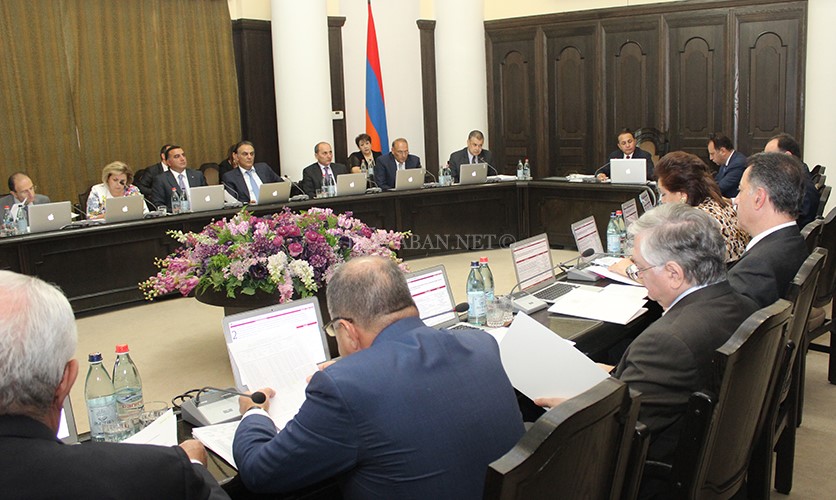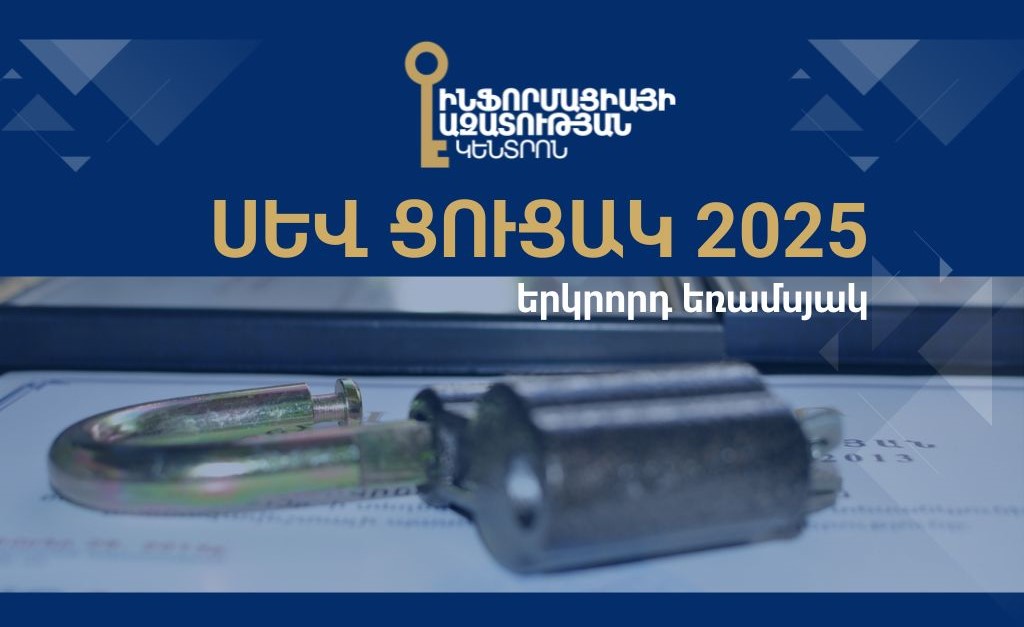On October 15, 2015, the RA Government adopted a new FOI sub-legal Act regulating new procedures of information provision. The civil society has been waiting for this Act for more than 12 years since the adoption of the FOI Law in 2003. The Act was drafted by the joint efforts of the RA Ministry of Justice and the Freedom of Information Center of Armenia.
What reforms will the new Act bring for journalists and citizens in the process of searching for information?
- The new act enables citizens, journalists, and other requestors to submit electronic requests to the state bodies and get responses according to the procedures set by the Armenian FOI law. The new legal regulation recognizes that information requests sent by e-mail or via the official website of information holders (state bodies, self-governmental bodies, state institutions, etc.) are considered official requests and must proceed as the FOI Law defines. This will make positive progress in the field of freedom of information, saving time and resources of the state bodies and citizens, and making interactions with government agencies most effective and simple.
- The work of the FOI officers will be coordinated and regulated. The Act establishes that the head of an information holder or an official appointed by an information holder is responsible for freedom of information in their respective institution. By this regulation the relations of citizens and cooperation of journalists with state bodies will be improved, since hereafter it will be clear who is responsible for ensuring freedom of information in a respective state body. The new regulation also states that the contacts of FOI officers of institutions should be published via the official websites of information holders.
- The sub-legal act also solves the issue of FOI statistics in the country. According to the Act, information holders should conduct and publish statistics of the received information requests. The statistics should contain detailed information on the type of content and theme of the requests, as well as detailed and categorized information on the grounds of refusals. Annual statistical data will be publicized via the official website of the information holder.
- The sub-legal Act makes the proactive publication of information more advanced. It states: “The official website of the information holder should have a section “frequently asked questions”, where requests which are asked regularly and their official answers should be published.
- The sub-legal Act regulates partial access to information. It reconfirms the provision of Article 8, part 2 of the RA FOI Law that “If a part of the information required contains data, the disclosure of which is subject to denial, then information is provided concerning the other part”, at the same time the new regulation states, that the non-secret part of the document must be provided without editing – unchanged. The sensitive information should be blacked out or removed. In that case state body should tell that they had done some editing and mark where that was and they should justify why it was necessary.
- The sub-legal Act states, that the official answer should be complete, appropriate, and full. It also defines that if the request contains more than 2 questions, then the official answer must be given in the same way – according numbering of answers.
- The issue of information fees is also solved by this sub-legal Act. It defines the maximum amount of fees, which can be charged for providing information. Up to 10 pages of information should be provided free of charge, starting from the 11th page a fee in the amount of a maximum of 10 AMD should be charged per page (equivalent to 0.002 EURO).
It should be noted, that the FOI sub-legal Act will enter into force on July 1st, 2016 to give sufficient time for information holders to be well prepared for its application in practice.








